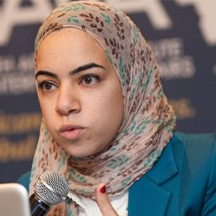Egypt’s care economy needs to address deteriorating working conditions
A robust and high-quality care economy is critical for supporting women’s employment – as both an employer of women and a mechanism for redistributing unpaid care work to the market. Yet in Egypt, despite national goals of expanding care services, employment in the sector has been shrinking, while becoming increasingly privatised. As this column reports, care jobs have also experienced worsening conditions of work, including reduced formality and the emergence of a pay penalty for care workers.


